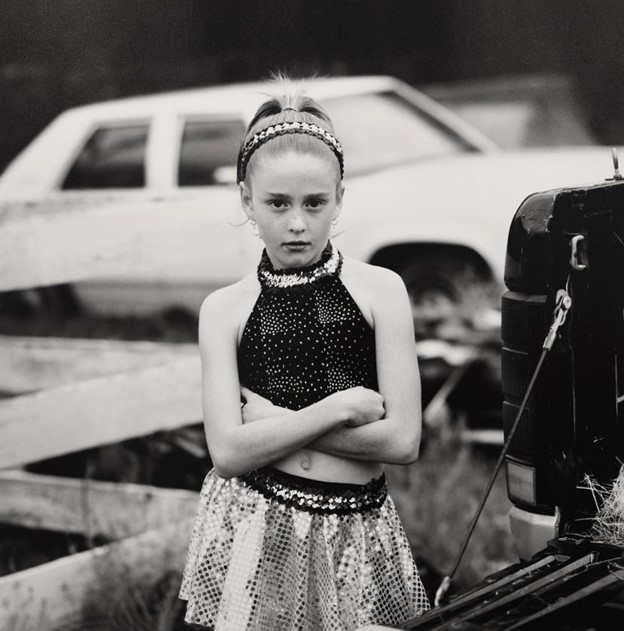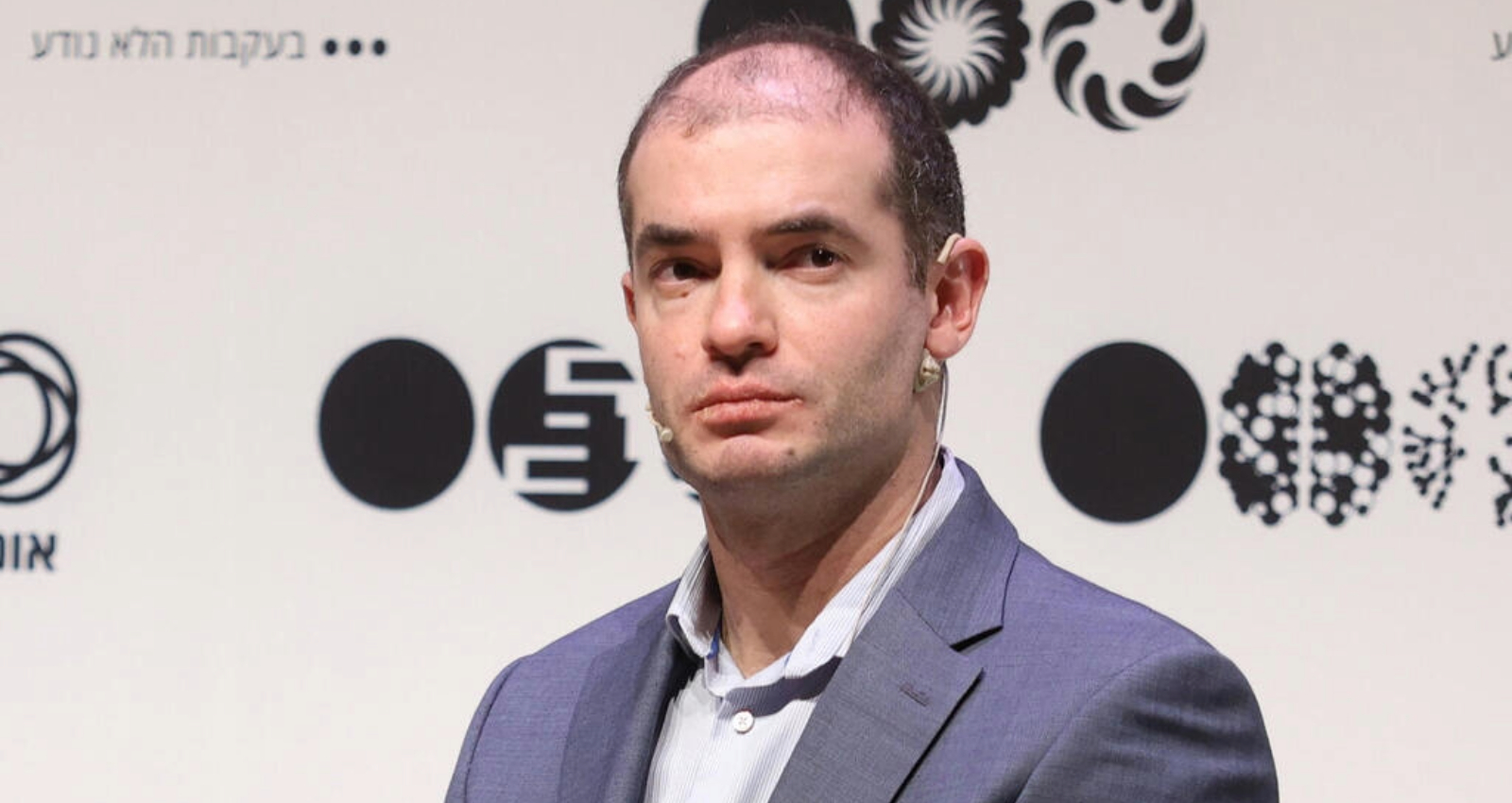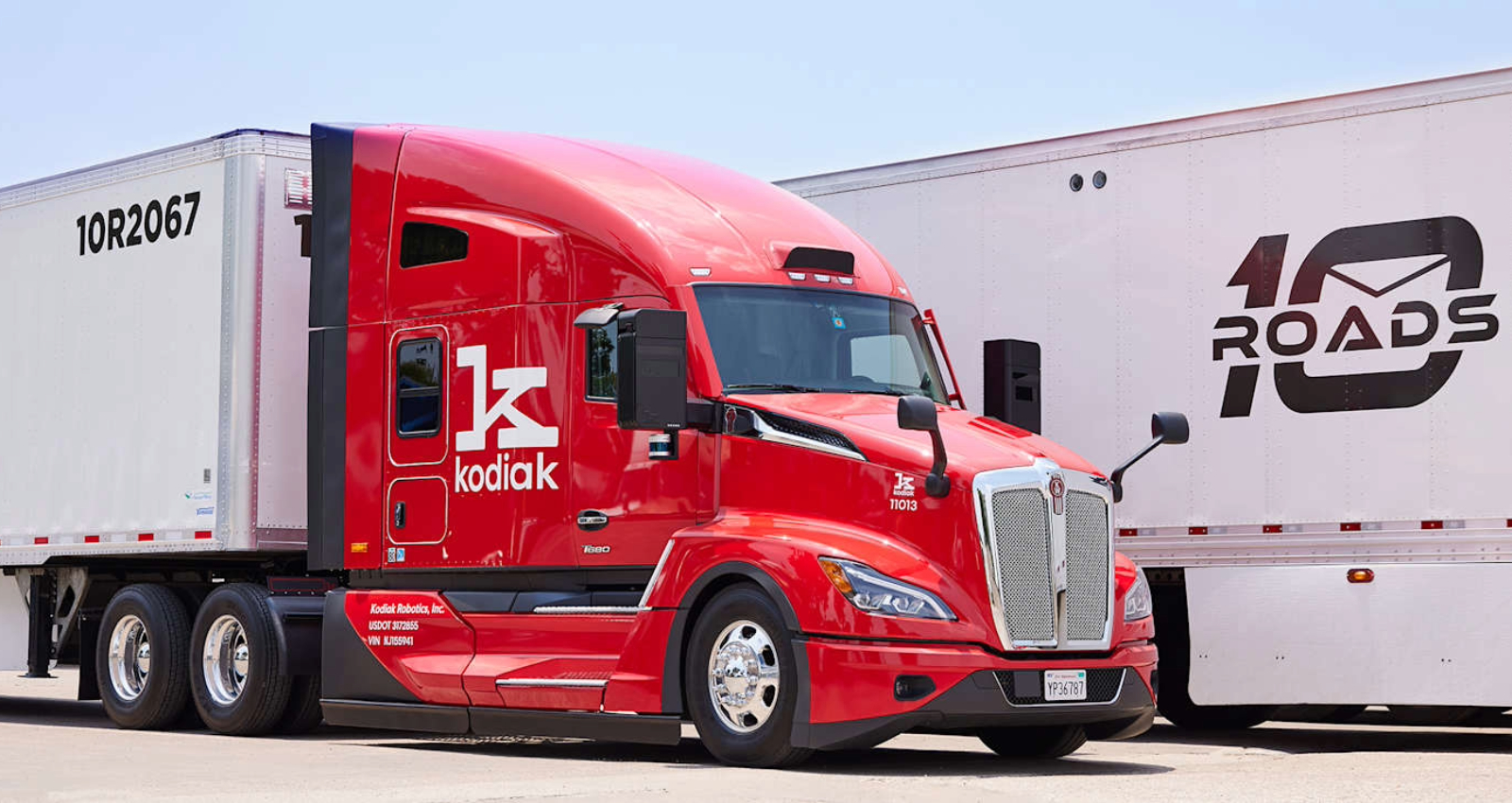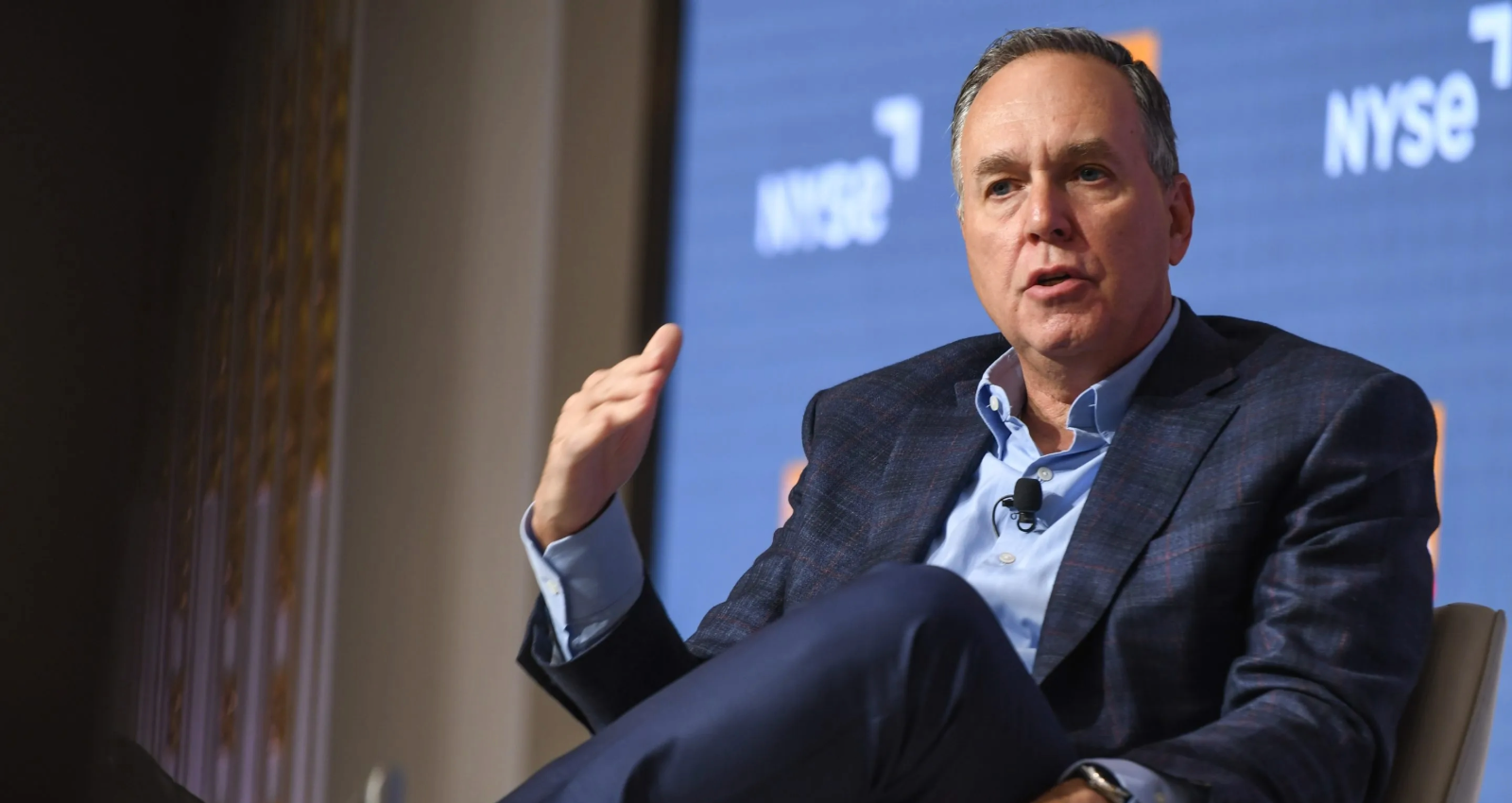- May 13, 2025
The Real Story Behind “The Pursuit of Happyness” Homeless Billionaire Chris Gardner
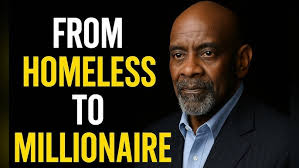
Before Will Smith brought him to life on screen, Chris Gardner was a man invisible to most. A man with a toddler on his hip and a dream in his back pocket. The 2006 film The Pursuit of Happyness gave us the Hollywood arc, resilience, fatherhood, triumph. But the real story runs deeper. Rougher. And far less polished than the version millions cried over in theaters.
A Violent Beginning
Born in Milwaukee in 1954, his childhood wasn’t simply hard. It was fractured. His stepfather, Freddie Triplett, was abusive, physically and psychologically. His mother, Bettye Jean, was the most stabilizing force in his early life, but even she couldn’t shield her children entirely. She spent time in prison, leaving him and his siblings to be raised in foster homes.
The trauma hit its peak the Christmas when Chris Gardner was 16. He was taking a shower when Triplett burst in, dragged him outside at gunpoint, and left him naked in the winter cold. That wasn’t just a turning point, it was a line in the sand. In that moment, he knew what kind of man he wouldn’t become.
“I wasn’t going to be my stepfather,” he confessed. “I chose to embrace the spirit of my mother, who, despite the fact that many of her dreams were denied, pushed, and destroyed, still made me dream.”
The Dream That Almost Died
Chris Gardner entered the Navy, eventually landing in San Francisco with plans to attend medical school. But medicine came with a price tag and time commitment he couldn’t afford. He left research work to sell medical equipment, hoping for higher commissions. Then life got harder.
He separated from his wife and began raising his son alone after his girlfriend, Jackie Medina, gave birth and then disappeared. Money ran dry. Bills piled up. And then, one afternoon, Chris Gardner saw a man step out of a red Ferrari in downtown San Francisco.
He asked a simple question: “What do you do, and how do you do it?” The man was Bob Bridges, a stockbroker, who inspired him to achieve the same for himself.
He became obsessed, not with the car, but with the possibility of breaking through.
Success Didn’t Start in a Suit
Chris Gardner managed to secure an interview for a brokerage internship at Dean Witter Reynolds. But just before his big opportunity, police arrested him for unpaid parking tickets, over $1,200 in fines. He spent 10 days in jail. When he got out, his apartment was empty. Jackie was gone. His son too.
He showed up to the interview anyway. No briefcase. No pressed shirt. Just the clothes he had worn in jail: sneakers, casual pants, and a jacket. And yet he got hired.
The internship paid $1,000 a month. It wasn’t enough. Not for rent, food, and childcare. So he chose food. He and his toddler son rotated between motels, shelters, and sometimes slept in subway bathrooms. Glide Memorial Church bent the rules to give him a spot in their shelter program, meant only for single mothers. There were even days when Chris Gardner survived on $5 bills handed by strangers.
He never told his coworkers he was homeless. He was too afraid he’d lose everything before he even started.
The Big Breakthrough
In 1982, Chris Gardner passed the Series 7 exam and became a full-time stockbroker. Within five years, he launched his own brokerage firm, Gardner Rich & Co., in Chicago. He started it with $10,000 and a small desk in a one-room office.
His first major breakthrough didn’t come from privilege or connections, it came from persistence. And a refusal to give up, no matter how far he’d fallen.
By the mid-2000s, he sold a stake in the firm in a multimillion-dollar deal. He later founded Christopher Gardner International Holdings, with offices in Chicago, New York, and San Francisco.
He bought a Ferrari, too! And not just any, but the one that once belonged to the great legend, Michael Jordan.
Beyond the Screen
Chris Gardner’s story, as told by Hollywood, ends with a job offer and a tearful walk into a brighter future. In reality, that moment was only the beginning.
The film didn’t show the side jobs, the blood sales, or the nights he gave up sleep just to keep his son warm. Nor did it capture the quieter truths: the burnout, the survivor’s guilt, the knowledge that most people in his situation don’t get out.Today, Chris Gardner is more than a businessman. He’s a philanthropist, speaker, and mentor. The man behind the legend shows up, on stage, in shelters, in schools, to remind people that dreams, however distant, are still worth chasing.



